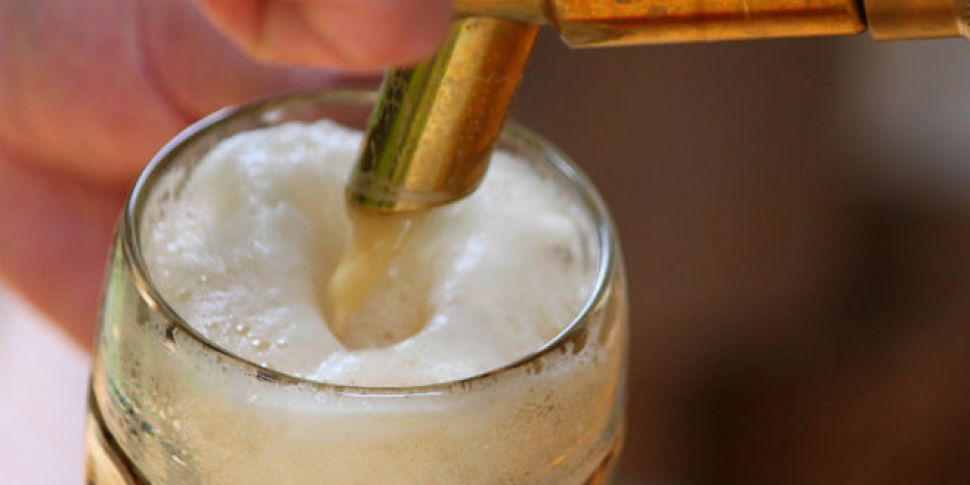Essen, in western Germany, launched a controversial scheme today that will employ alcohol and drug addicts to clean the streets in return for beer, tobacco, food and cash.
The ‘Pick Up’ project will see an area surrounding the city’s main railway station taken care by a group of six people. The group will be closely monitored by social workers, and will receive €1.25 per hour, a warm meal, three bottles of beer (after their shift has ended) and tobacco in return for picking up rubbish and sweeping the streets.
If the project is deemed a success, it is envisioned that more members will be added to the group.
‘Pick Up’, which is based on an existing scheme in the Netherlands, has been severely criticised in Germany, with homelessness charities describing the cheap labour project as dehumanising. Further criticism has been levelled against the fact that the scheme will see alcoholics receiving beer from public money.
Suchthilfe Direkt, the body behind the project, argue that the project will work towards the reintegration of the most severe addicts on the fringes of society, many of whom are addicted to multiple substances.
"The project participants are people who need to have a daily structure just to get back on their feet," project coordinator Oliver Balgar told Bild newspaper.
Mr Balgar said that the scheme’s main goal was “harm reduction” for people who were not yet willing or able to fully go cold turkey on their addiction. The project would, he said, act as a way to discourage them from consuming spirits and help bridge gaps between them and social and medical services.
‘Pick Up’ participants will be heavily addicted and long-term unemployed, who suffer from health problems, and for whom care and therapies have already failed.
"The aim of the programme is not to supply people with beer," project organisers explained in a statement.
"For the participants it is about a meaningful daily structure, feeling useful and learning a new way to behave."









